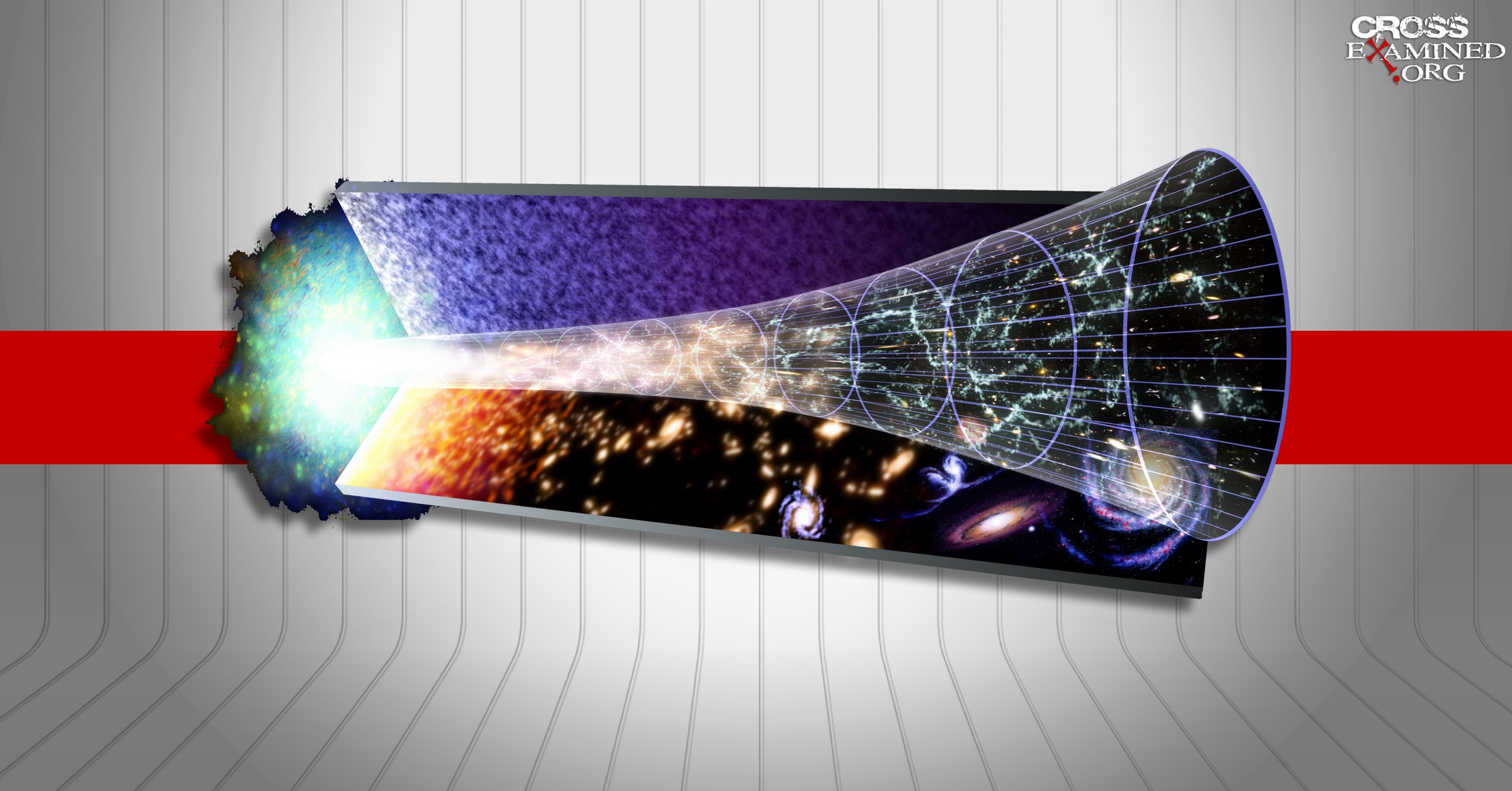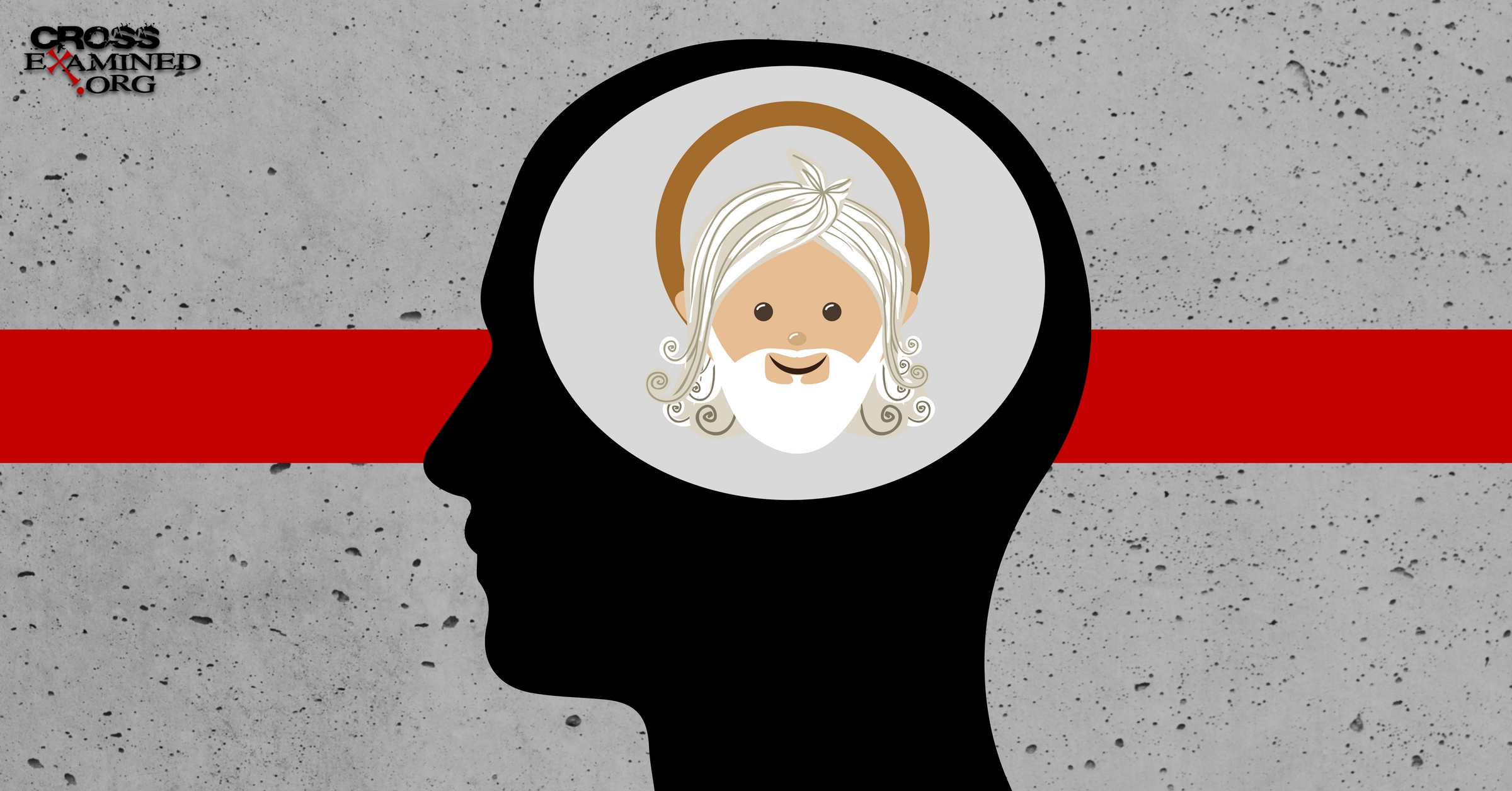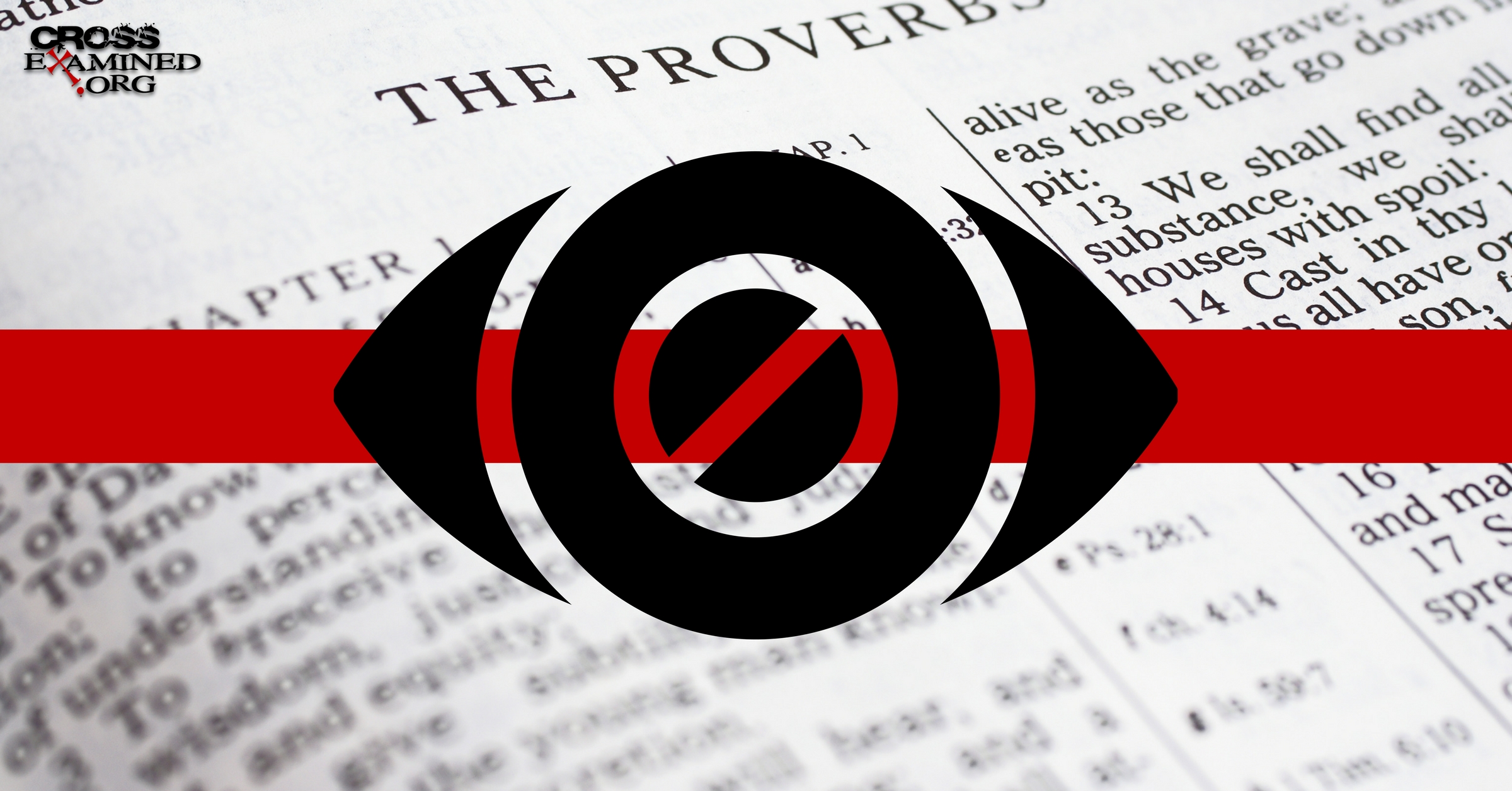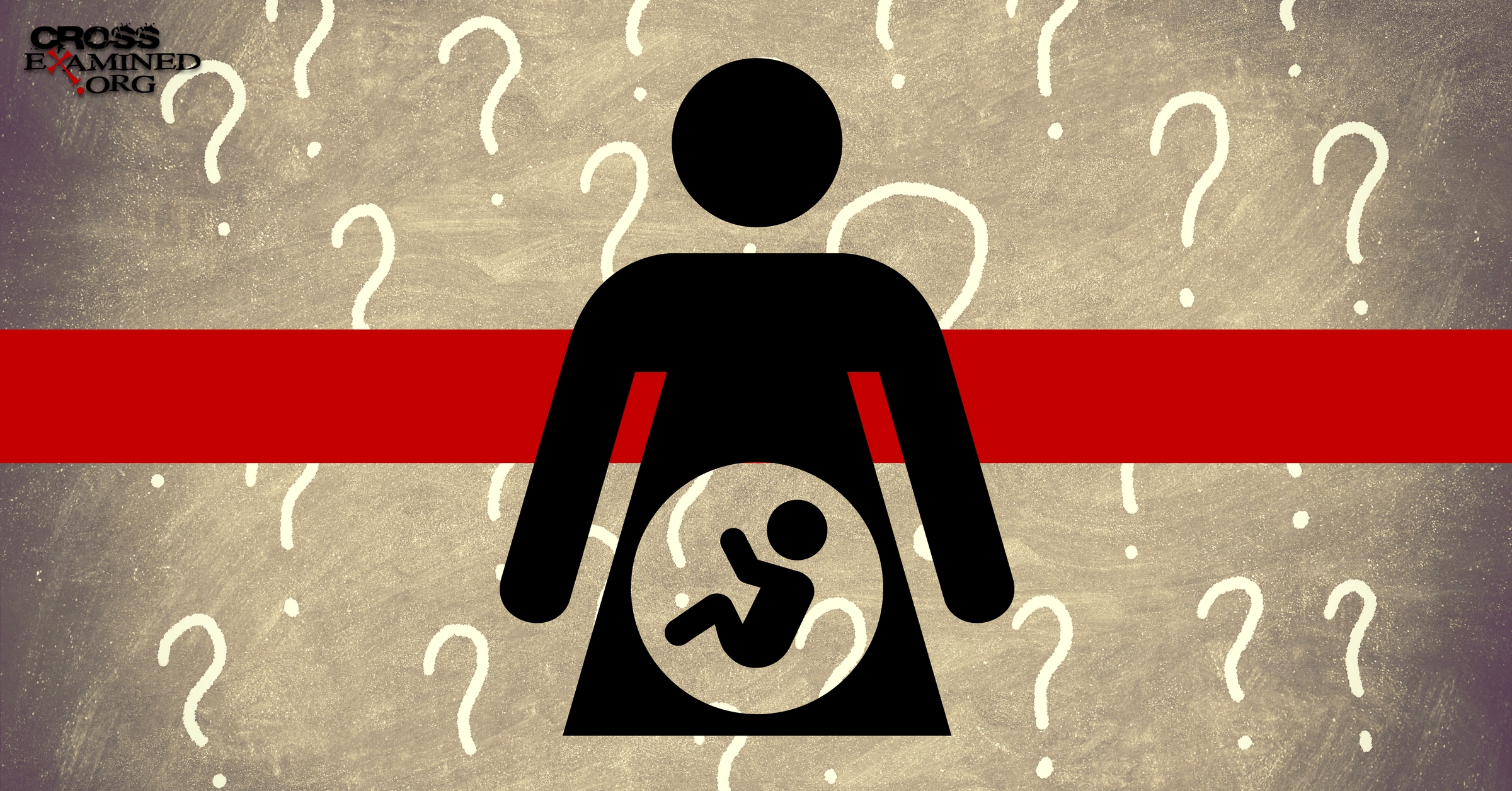By Adam Tucker
Unless you live under a rock, you’re no doubt familiar with the New York Times bestselling book The Shack by William P. Young that has also recently been released as a big-budget feature film. Much has been said and will continue to be said, regarding the alleged merits of The Shack as well as its reported theological (and perhaps even heretical) shortcomings. The reader can avail himself of these two articles HERE and HERE as examples of the controversy surrounding this work of “Christian fiction.” For now, I’m not interested in whether or not Christians should read The Shack or whether or not it teaches ideas contrary to historic Christianity. Rather, I want to discuss a trend that is very troubling to me which I see surrounding this debate amongst my own Christian friends.
For many years now emotion has trumped the intellect for both Christian and non-Christian alike. Christian stories/testimonies that elicit particular emotions are used over and over to draw out particular responses in people (not that that is necessarily always a bad thing). Sadly, it is often only when these emotions are stirred that someone thinks God is actually working through a particular missionary, ministry, or church. Our feelings have become the arbiter of truth, and more times than not, it is the missionary, ministry, or church that makes the most emotional impact that gets the most encouragement and support (whether verbal, prayer, or financial support). Make no mistake, we are emotional beings, but we are not merely emotional beings. We are in fact rational beings with intellects and wills, and this, I would argue, is what it means to be made in the image of God. The trend about which I am concerned is the way otherwise discerning and grounded believers, who obviously love God and desire to see others come to Christ, so easily celebrate emotionalism at the expense of the necessary, and biblical, art and science of critical thinking. The reactions I am seeing to The Shack simply serve to illustrate this point. After all, it was Jesus Himself who commanded us to love God with all of our minds (Matt. 22:37). Yet it seems too many Christians ignore this part of Jesus’ imperative.
Afraid to Grow Up
In a 2014 INTERVIEW at a church in England, The Shack author Young relayed his past life struggles, sins, and restorations. It was a very moving testimony, and no doubt God has used his past experiences for His glory and has done a work in Young’s life. But Young went on to say, “Do I understand [the success of] The Shack…this is all God’s sense of humor as far as I’m concerned. I don’t understand the purposes of God, and I don’t want to know. It took me 50 years to become a child. I’m not going back to being an adult. It’s too much work.” This is a case-in-point regarding the above mentioned trend of emotionalism. Millions upon millions of people have read The Shack and have been impacted. Because the author is a professing Christian who also has an emotionally moving testimony many Christians simply assume that this is a work of God, and that God is using The Shack in a major way for His glory. Even Young admits this when he says it’s “all God’s sense of humor.” But millions upon millions have been impacted by many other popular books that most Christians would likely classify as heresy, unorthodox, or worse. How does Young, or anyone else, know that The Shack’s success is a work of God rather than something being used by the enemy to weaken the life of believers and confuse unbelievers? Well, according to Young, he doesn’t know that because He says he doesn’t want to “understand the purposes of God.” He claims to be a “child” because it’s too much work to be an adult.
Here’s the problem. According to the Apostle Paul, we are not to be children in our thinking. We are certainly to be children when it comes to our complete dependence upon God for salvation (Matt. 18:3), but Paul says when he became a man he put aside childish thinking (1 Cor. 13:11). In fact, in 1 Cor. 14:20 he says, “Brothers, don’t be childish in your thinking, but be infants in regard to evil and adult in your thinking.” Neither success, emotional impact, nor even God’s ability to use something for His glory are adequate tests for truth. The fact is, everyone has a testimony, and God even used adultery in the life of King David to bring about the Messiah (and surely no Christian would advocate committing adultery because God can use it for His glory)! There are countless Mormons, Jehovah’s Witnesses, Muslims, Hindus, New Age gurus, and even atheists who could share, and have shared, life-changing and emotionally wrenching testimonies about how their beliefs have positively impacted their lives. But virtually no orthodox Christian would claim these belief systems are true simply because their followers have a testimony. Why are these same Christians so quick to believe and celebrate most any emotionally charged thing a Christian says just because he claims God is the source? We are commanded to test the spirits (1 These. 5:21; 1 John 4:1). Lest we forget, “For Satan disguises himself as an angel of light. So it is no great thing if his servants also disguise themselves as servants of righteousness” (2 Cor. 11:14-15).
The Necessity of Doctrine
How do we “test the spirits” as it were? How do we know whether any successful and emotionally charged story/testimony or circumstance is actually from God? Paul says in 1 Tim. 4:16, “Pay close attention to your life and your teaching [i.e. doctrine]; persevere in these things, for by doing this you will save both yourself and your hearers.” In other words, if a teaching/doctrine does not line up with the teaching of the Bible then it must be abandoned. When one is led by emotionalism, however, his ability to discern right doctrine becomes clouded.
For instance, in the blog linked above, My Response to Those in the Church Boycotting the Shack, author Michele Perry, a former missionary, says, “You see the Gospel isn’t a doctrine. The right doctrine alone will not get you saved.…The Gospel is a Person and it is a relationship with that Person.” While it is true that doctrine alone will not save, it is false that “the Gospel isn’t a doctrine.” The Gospel is not a Person [Jesus]. The Gospel is about Jesus and our trust in His death and resurrection as payment for our sin as Paul lays out in 1 Cor. 15:1-8. The Gospel is most certainly a doctrine! Believing the Gospel entails one having further doctrines correct. For instance, is Paul referring to the Jesus of Mormonism, the Jesus of Arianism (a.k.a. Jehovah’s Witnesses), or the Jesus of historic Christianity? If he’s referring to Jesus as God (i.e. the Jesus of Christianity), are we to hold to modalism, tri-theism, partialism, or the historic Christian doctrine of the Trinity? Why does any of that matter and what does that mean for the nature of God? All of these questions are of extreme importance and we ignore these doctrines to our own detriment. To once again quote Jesus, “Therefore I told you that you will die in your sins. For if you do not believe that I am He, you will die in your sins” (John 8:24). Who is He? The answer to that is a doctrinal issue.
We cannot feel or emote our way through these issues. We must actually think about them. That requires intense study and work. One has to actually think and act like an adult in order to wrestle with these questions. In other words, we must do just as Paul says and “[hold] to the faithful message as taught, so that he will be able both to encourage with sound teaching and to refute those who contradict it” (Titus 1:9). I would encourage readers to also ponder Eph. 4:13-14; 1 Timothy 4 and 2 Timothy 4 among other scriptures.
Yet Michele goes on to say, “To imply we can know God through an intellectual doctrine apart from experience, that my friends is a blasphemy far greater than a parable that seeks to make His heart, goodness and love known to those who have ears and hearts able to receive it.” Once again, if she means to “know” God in the salvific sense then I agree. Being in right relationship with God is much more than knowing “an intellectual doctrine,” but it is not less than that. We cannot know God in any sense if we do not believe the right things about Him in the first place! And what exactly are we supposed to “experience” beyond this knowledge of God? There is zero scriptural support for this experiential emotionalism. How do we know our “experience” isn’t demonic influence or simply the result of the tacos we ate last night? Why does my experience supersede the experience of the Mormon, etc.?
We’re right back to the absolutely essential need of thinking rightly about God. That just IS a doctrinal issue that requires much work, study, and critical thinking. And if experience is so important, why are my own experiences ignored or dismissed when I talk about how amazing thinking deeply about the nature of God can be? Digging into philosophical issues regarding the divine nature and attributes of God that we’re able to know via human reason (Rom. 1:20) is astoundingly eye-opening. It has enriched my worship and devotional life. It has helped my struggles with sin. And it is vital to our ability to properly understand the Scriptures.
On What Will Our Focus Be?
Why aren’t we celebrating the early church fathers and defenders of the faith? Why aren’t we writing blogs about the merits of the work of the early creed writers that helped us think more clearly about God? Why is someone like Thomas Aquinas, arguably the most brilliant Christian thinker to ever live besides Jesus and the inspired biblical authors, not a household name? Why aren’t Christians more often making modern day Christian philosophers and theologians New York Times bestsellers? Why aren’t churches celebrating and encouraging their bright minded congregants to pursue further study at seminary and welcoming with open arms what these bright minds can offer to the local body of believers? Why are the emotionally driven ministries the ones who receive 90% of the financial support as opposed to the seminaries and other institutions who are supposedly training the next generation of Christian leaders and influencing the intellectual life of the church? Why do we focus on pet doctrines like the age of the earth (which is a recent debate compared to most of church history) and then celebrate emotionalism elsewhere? Why can we pack out auditoriums when a Christian music group entertains us, a popular fiction writer shares his story, or a man recalls his moving testimony of his alleged visit to heaven, but we struggle to get more than a handful of believers to show up for evangelism training (that involves more than sharing your testimony) or a conference on defending the faith? Why are so many Christians afraid to be adults and think?
I know, I know. Those things don’t pull at the heart strings and they require effort to think about. Those things are for others to deal with in their ivory towers and don’t affect you. That’s not your grandma’s Christianity, and that’s not what your pastor or favorite Christian fiction author said to focus on. That’s fine. You’re free to continue to “feel” your way through the Christian life, but don’t pretend like you are doing the body of Christ any favors or offering God the worship He is due. Will you continue to withhold your mind from the whole-being worship Jesus commanded? What we feel should be judged in light of what we know and measured in the context of reality. Our will should follow our intellect, not the other way around. God is the one who said, “Come now let us reason together…” (Is. 1:18). Do with that invitation what you will.
Original Blog Source: http://bit.ly/2nkzaWx














